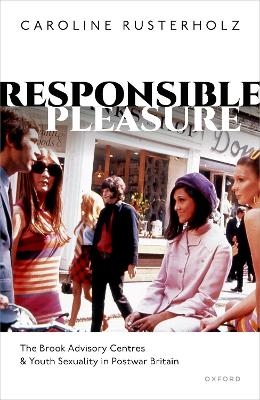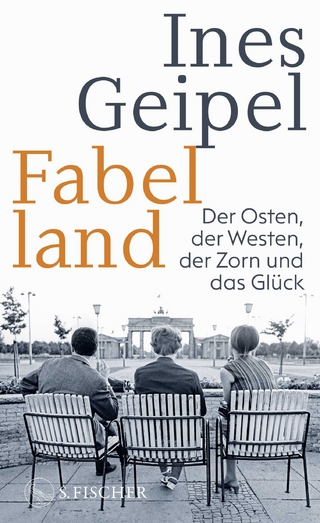
Responsible Pleasure
Oxford University Press (Verlag)
978-0-19-286627-1 (ISBN)
This is an open access title available under the terms of a CC BY-NC-ND 4.0 International licence. It is free to read on the Oxford Academic platform and offered as a free PDF download from OUP and selected open access locations.
The period between the 1960s and the 1990s has traditionally been associated with sexual liberation and a growing sense of permissiveness in Britain, during which cultural and social norms of young people's sexuality went through a dramatic shift. Using the Brook Advisory Centre (Brook) as a case study, Responsible Pleasure examines how and why this occurred, providing a socio-cultural history of youth sexuality in Britain over these three decades. It focuses on Brook as a pioneering sexual health charity operating on the cusp of voluntary and state-financed sectors. From the opening of its first centre in London, followed by other centres including Birmingham (1966), Bristol (1968), and Edinburgh (1968), to the present day, Brook has been a major provider of contraceptive advice and sexual counselling to unmarried people and teenagers. It pioneered an initiative that would form the primary model for the provision of advice on contraception for teenagers in Britain and remains a key player in sexual health services today.
Although Brook has provoked fierce opposition and triggered recurrent public debates on teenage sexuality, little is known of its history. As a non-governmental organization with deep connections to the Family Planning Association (FPA) and the National Health Service (NHS), Brook offers a fascinating case study for exploring the relationship between changing sexual cultures, sexual politics, and young people's sexual experiences, intimacy, and subjectivities. Drawing on a wide range of archived and published materials, as well as oral history interviews conducted by the author, this book provides a substantial and original contribution to scholarship on the forging of the modern sexual subject.
Caroline Rusterholz is an Assistant Professor in History at the Graduate Institute. Previously, Caroline was a Wellcome Trust Research Fellow at the Faculty of History, Cambridge University. She was also a Swiss National Science Foundation (SNSF) Postdoctoral Fellow at Birkbeck College, Cambridge University and Paris 1 Pantheon Sorbonne. Her research focuses on the transnational history of sexual and reproductive health, population, and family in the twentieth century. Her most recent book, Women's Medicine, Sex, Family Planning and British Female Doctors in Transnational Perspective (1920-70) (Manchester University Press, 2020), traces the key roles played by British women doctors in the production and circulation of contraceptive knowledge from a transnational perspective. In her first book, Deux enfants c'est déjà pas mal, famille et fécondité en Suisse, she explores why Swiss parents limited the size of their families in the 1960s.
Introduction
1: The Context: Youth, Sex, and Public Anxieties in the 1950s-1960s
2: Locality and Controversy: The Opening of Brook Centres Across Britain
3: Activism and the Shaping of Sexual Politics
4: The Centres: Location, Materiality, and Sensory Aspects
5: 'It's an excellent service for a lot of young people and a place of trust for them': The Clients and the Shaping of Brook Centres
6: Counselling Young People Towards Sexual Maturity
7: Education and Information on Contraception
Conclusion
References
Index
| Erscheinungsdatum | 09.05.2024 |
|---|---|
| Zusatzinfo | 11 figures and 5 tables |
| Verlagsort | Oxford |
| Sprache | englisch |
| Maße | 162 x 240 mm |
| Gewicht | 608 g |
| Themenwelt | Geschichte ► Allgemeine Geschichte ► Zeitgeschichte |
| Geisteswissenschaften ► Geschichte ► Regional- / Ländergeschichte | |
| Geschichte ► Teilgebiete der Geschichte ► Kulturgeschichte | |
| ISBN-10 | 0-19-286627-3 / 0192866273 |
| ISBN-13 | 978-0-19-286627-1 / 9780192866271 |
| Zustand | Neuware |
| Haben Sie eine Frage zum Produkt? |
aus dem Bereich


